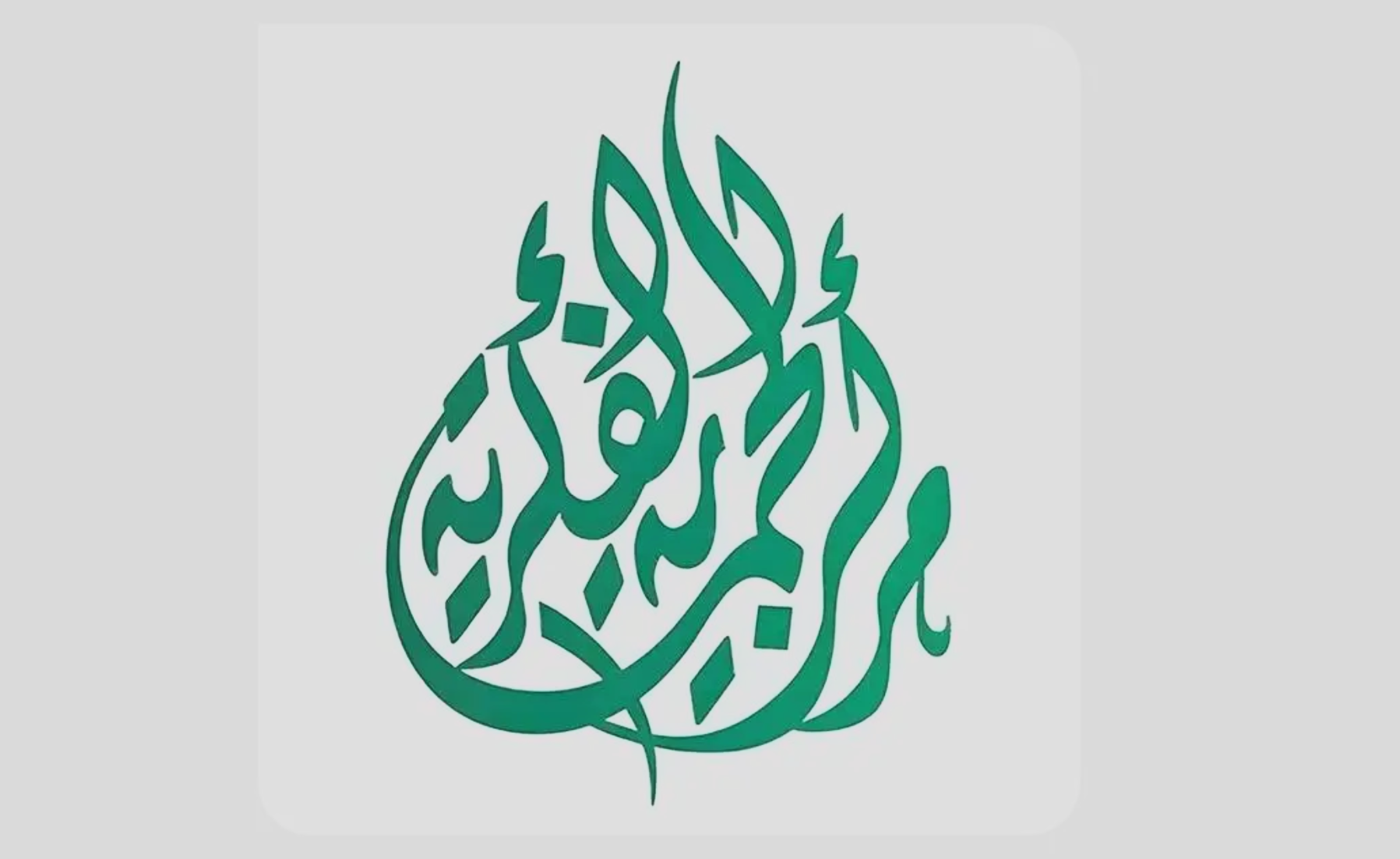
Center for Safeguarding Intellect at Defense Ministry Nominated to Prepare Comprehensive Encyclopedia on Islamic Intellectual Community
The Muslim scholars participating in the dialogue and discussion sessions at the Building Bridges Between Islamic Schools of Thought and Sects Conference, sponsored by the Custodian of the Two Holy Mosques, King Salman bin Abdulaziz Al-Saud, have chosen the Center for Safeguarding Intellect of the Saudi Ministry of Defense to prepare a comprehensive study on "The Islamic Intellectual Community" in preparation for issuing an encyclopedia on this subject at a later date.
The selection decision was made because the centre excels in studying intellectual issues in accordance with the conference's message, objectives, and document, which was ratified by the attendees with all their sectarian diversity.
The decision also assigned some tasks related to the conference title, axes, and document to three research bodies that the conference's scholars entrusted after being informed of their efficiency and excellence of work.
This process is to ensure that what was assigned to them will be presented on the agenda of the next conference to build bridges between Islamic sects.
The decision to choose these three bodies, which are closely related to the links between Islamic sects, is summarized in the term "the Islamic Community," representing the basis of their general Islamic ties.
This includes understanding the specificity of each Islamic sect, whether in its origins or branches. The Center for Safeguarding Intellect has adopted the comprehensiveness of Islamic discourse and the care given to its phrases, their brevity, the breadth of their content, and their integrity.
This represents an Islamic concept of moderation that includes Islamic diversity, far from the exclusionism or factionalism that isolationism from the sectarian coalition.
The rationale stated that the centre's intellectual approach distinguishes itself by addressing suspicions of extremism, specifically those that target the sectarian Islamic consensus and its commonalities, which are of utmost importance in contemporary circumstances.
These circumstances require reminding and rallying around these commonalities without compromising the foundations upon which the Islamic schools of thought and sects shape their unique identities.
This prompted the conference participants to acknowledge the centre's intellectual approach, particularly in avoiding names and descriptions that undermine Islamic cooperation and understanding. This especially applies to major issues, including the issues of moderation and sectarian extremism.
Such labeling has undermined Islamic understanding of contemporary major issues, for which the Organization of Islamic Cooperation (OIC) and the Muslim World League (MWL) were established.
The participants emphasized the sectarian specificity of each school of thought, similar to the national specificity of each state. However, achieving a unified stance on major issues, such as confronting sectarianism and intellectual extremism, requires invoking the Islamic intellectual consensus for which those two international organizations were established.
Based on this consensus, Saudi Arabia has continued its leading and influential role in enhancing Islamic solidarity.








